Electrical engineering
The future
is what we do
Gain skills and knowledge to shape the future of technology.
The smarts inside your smart home. Satellites that measure weather and climate. The sensing technologies that tell a self-driving car to watch for obstacles. The imaging tools that help physicians peer inside the human body. Electrical engineering makes it all possible.
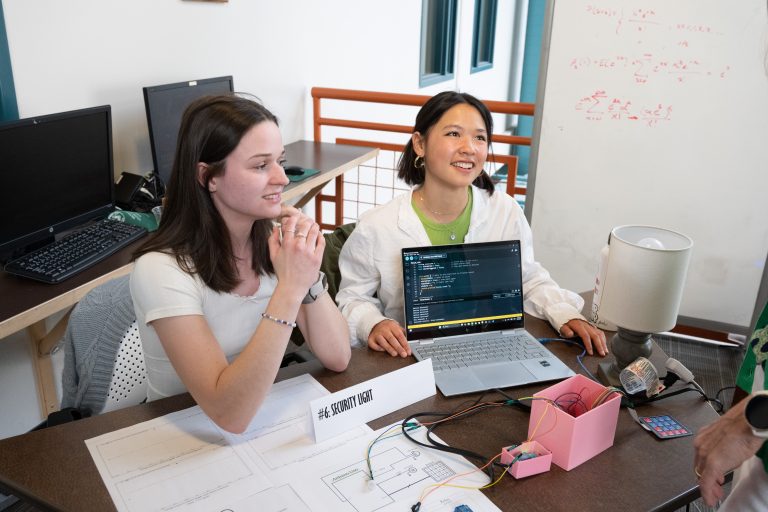
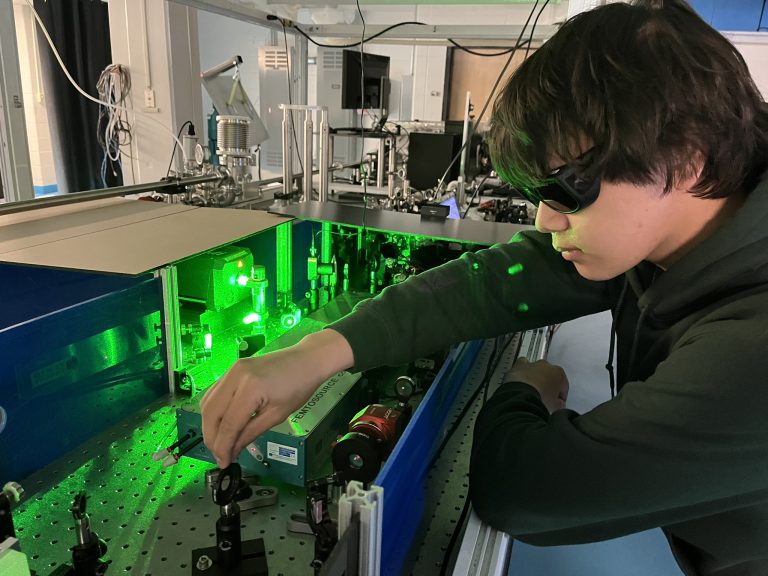
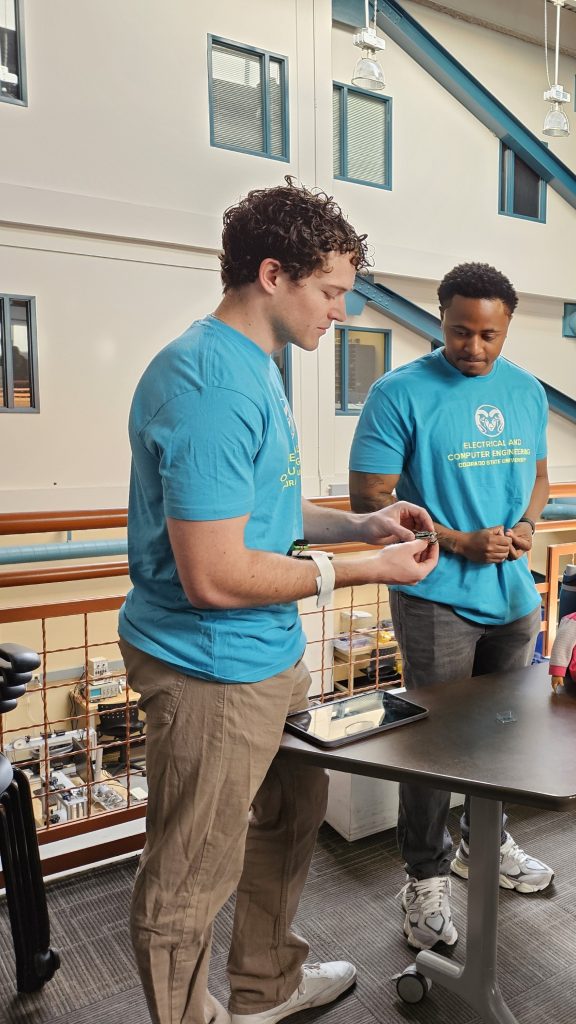
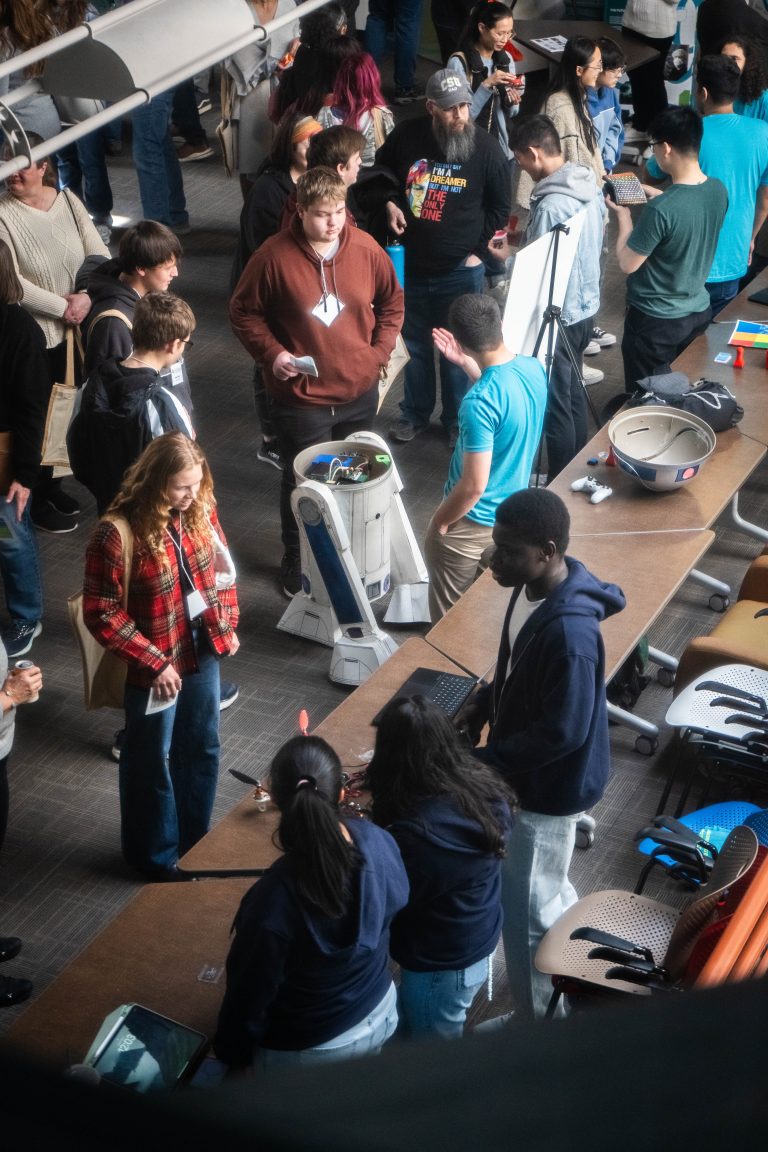
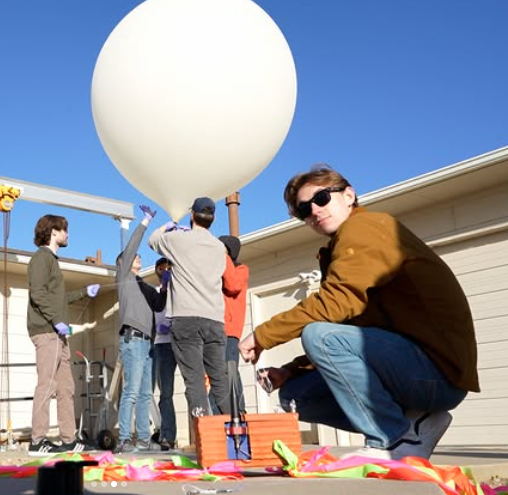
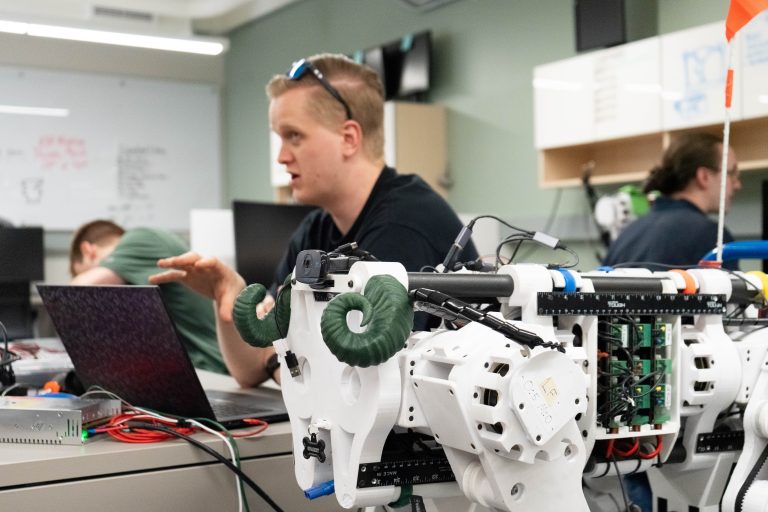
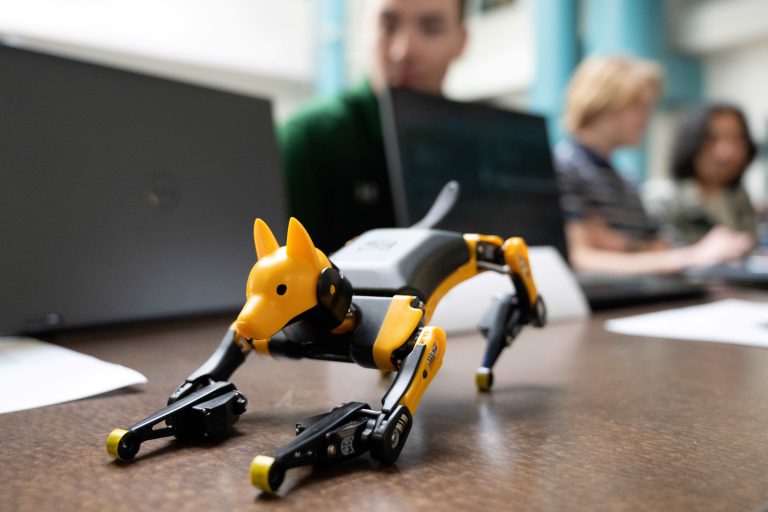
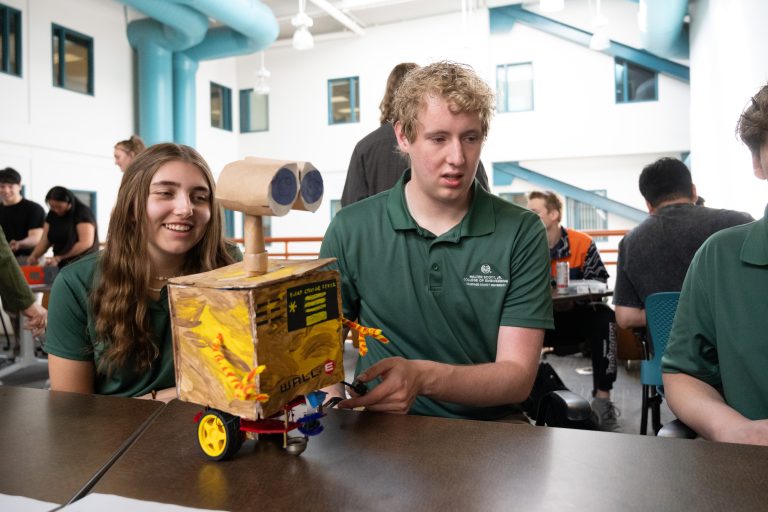
Learn how to innovate and connect people with devices and systems that are beyond imagination. Complement your electrical engineering degree program with an area of specialization.

Machine Learning + AI • Space + Aerospace • Computer Chip Design • Embedded + IoT Systems • Computer Networks, Information Systems, and Cybersecurity • Biosciences, Biomedical Engineering, and Health Sciences • Power + Energy Systems • Manufacturing • Healthcare Systems
Average starting salary for CSU Electrical and Computer Engineering graduates.
Employment related to major, based on CSU First Destination data.
Major in demand (nationally) for B.S., M.S., and Ph.D.

I chose electrical engineering because I wanted to use technology to create a better world.
Alumna Victoria Bohannon-Pea, who helped engineer a pet dragon for teenage cancer surivior
Our professors are driving innovation and preparing students for the rapidly changing digital world.